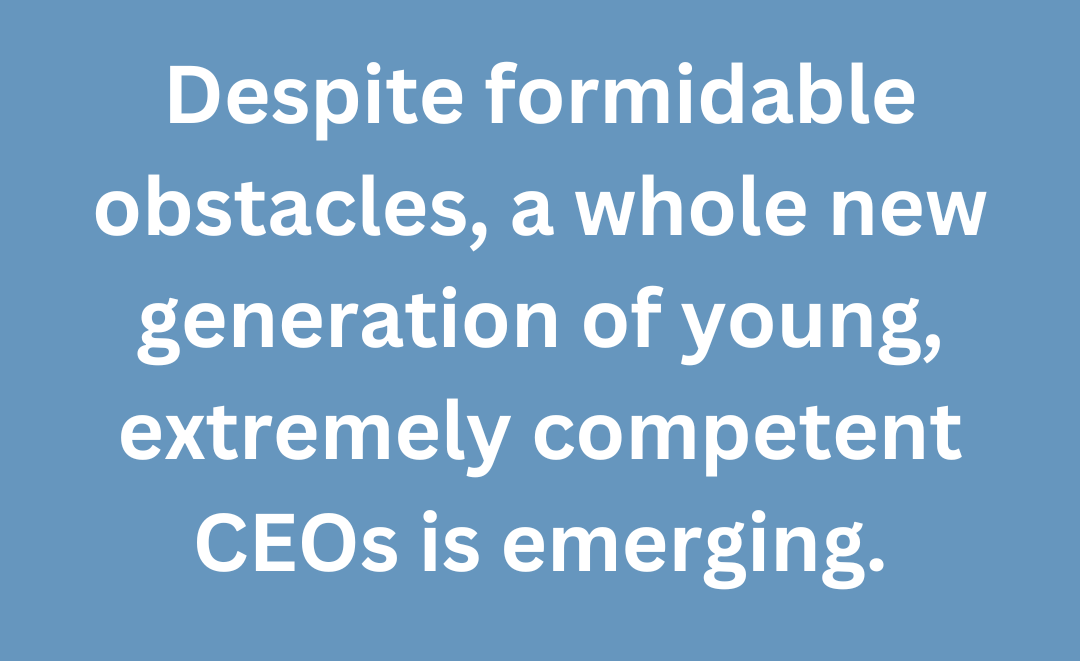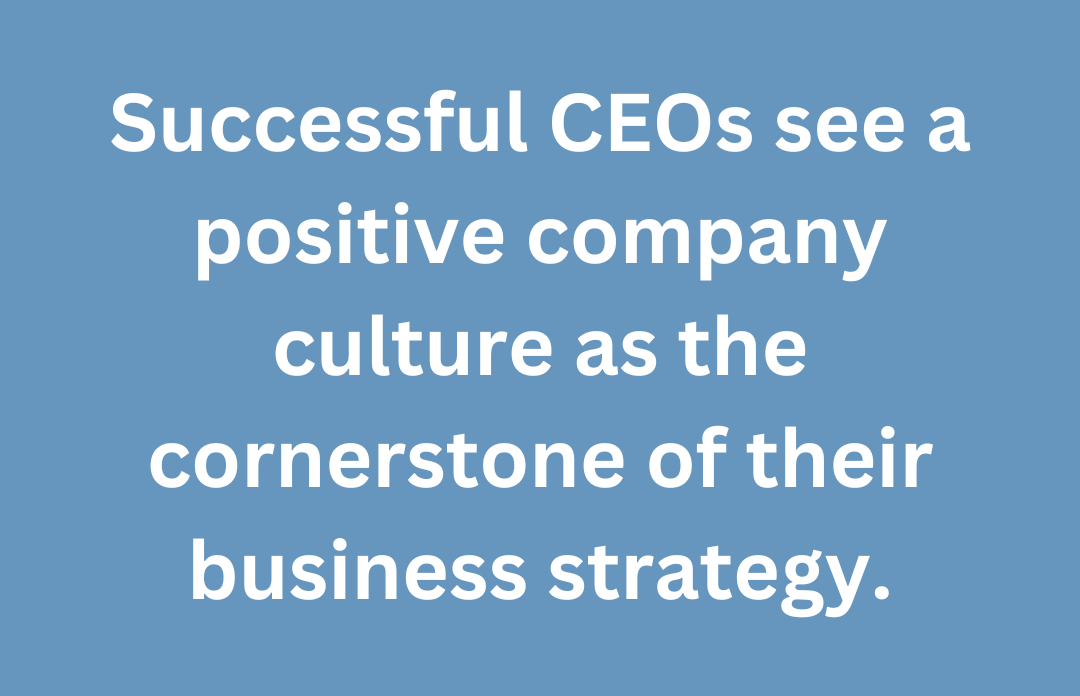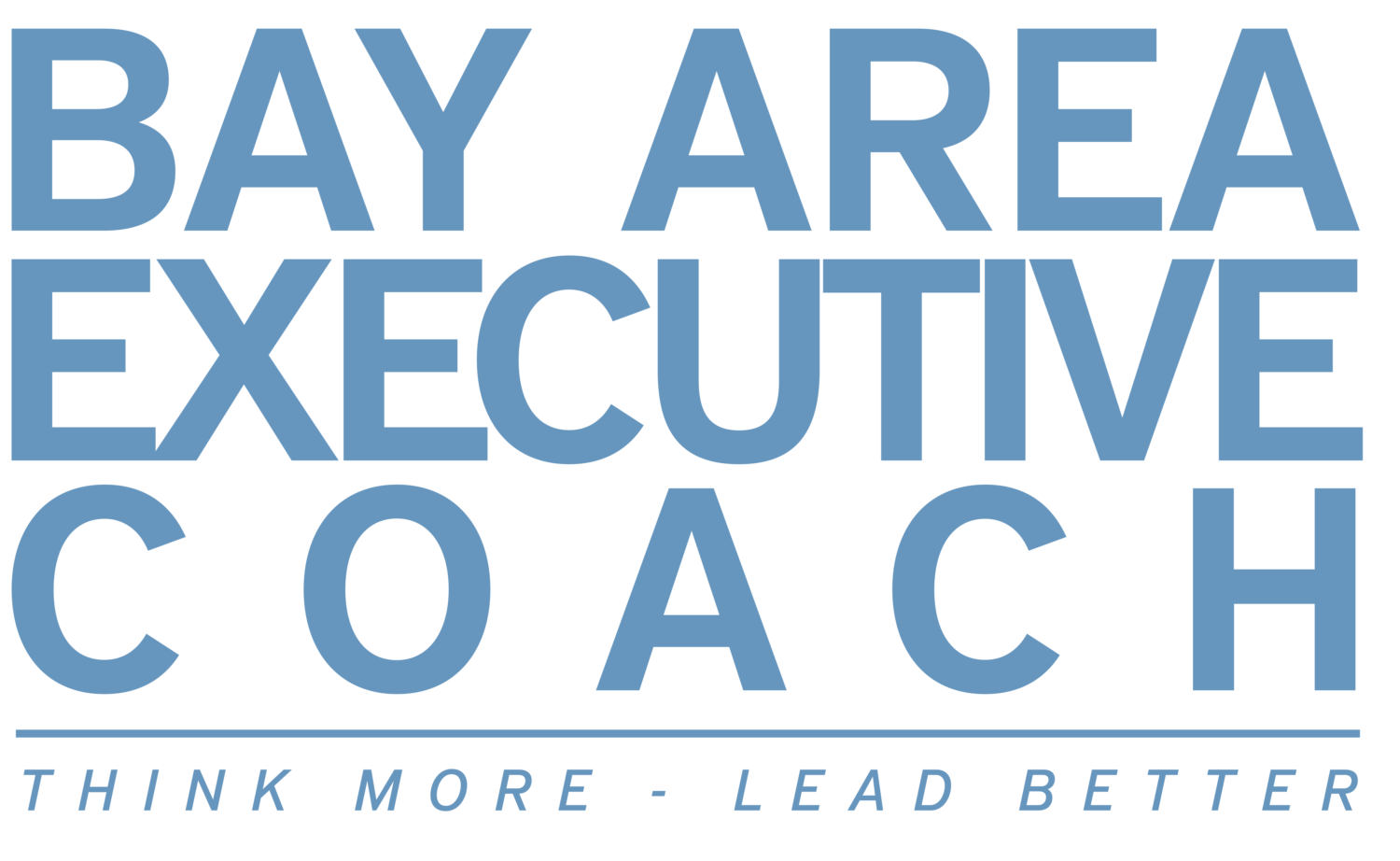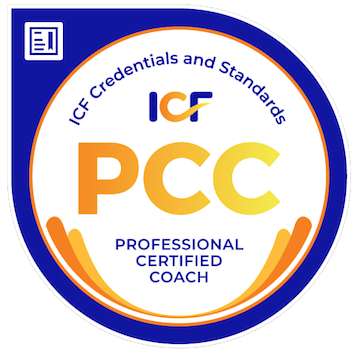With shifting priorities, restless workforces, lingering recessions, inflation, pandemics and everything else that’s disrupting or challenging the business world today, being the CEO requires more moxie, people skills, and business smarts than ever before.
However, despite formidable obstacles, a whole new generation of young, extremely competent CEOs is emerging. What distinguishes this group from their predecessors is their intriguing blend of industry expertise, emotional intelligence, and visionary thinking.
 So, what exactly are some common traits of these leaders that directly contribute to their personal and professional success? To answer this question, business research firm Comparably conducted a survey of employees at 50 small-to-medium sized companies (those with 500 or fewer employees), asking them to identify the top traits of their respective CEOs. Here are their findings in a list of 10 top traits of the modern, successful CEO.
So, what exactly are some common traits of these leaders that directly contribute to their personal and professional success? To answer this question, business research firm Comparably conducted a survey of employees at 50 small-to-medium sized companies (those with 500 or fewer employees), asking them to identify the top traits of their respective CEOs. Here are their findings in a list of 10 top traits of the modern, successful CEO.
Today’s successful CEO is:
1. Honest, transparent, and leads by example. These traits, which are hallmarks of emotionally intelligent leadership, were the most commonly cited by those surveyed. This isn’t surprising since this was also the finding of extensive research done by Kouzes and Posner, the authors of The Leadership Challenge. The implication is clear. Good CEOs are honest and authentic. They’re respected for their transparency and honesty in all their leadership activities, and they’re consistently among the hardest working people at the company. (If you’d like to learn more about EI in leadership and project these qualities, we offer some practical and impactful classes and also 1on1 coaching).
Example: Gitlab co-founder and CEO Sid Sijbrandij has set a high standard for transparency at Gitlab. The company’s financial ups and downs are openly discussed among all its employees, the team handbook is available to the public, team chats are done almost exclusively using public channels, and they even publish Sid’s air travel preferences (economy class, aisle seat, 1 checked bag). That’s pretty transparent and humble!
2. Visionary. Many leaders can hold the wheel steady as their company navigates the status quo, but trailblazing into unknown, and potentially highly lucrative new territories, requires guts, confidence, and vision. Visionary CEOs tackle problems and find solutions in ways others can’t. While resilient and pragmatic in the face of adversity, they don’t take their eyes off the prize, keeping their focus and instilling confidence in their colleagues.
Example: Though controversial, there’s no denying that Elon Musk of SpaceX and Tesla is a prime example of “the visionary CEO.” His rare ability to conceive of huge, world changing ideas, and then convince people to buy into his vision and form companies around it, is a unique talent.
3. A great communicator. Communication is a two-way street: talking/writing and listening/reading. Thus, to be a great communicator, the good CEO must possess both active “output” and “input” communication skills. Both skills are essential to forging the close team engagement that generally leads to better business results.
Example: David Nelms, the former CEO of Discover Financial, was known for his communication prowess, especially through digital channels. Nelms noted: “Understanding the various tools we have to communicate as well as how to communicate across different channels is essential, and as the number of ways to communicate increases, this skill will only become more valuable.” This is a good example of a CEO adapting to the changing times to ensure his communication is widely available.
4. A highly evolved decision maker. Top CEOs know that a poor decision may be better than not deciding at all. Why? Because a lack of direction makes a team frustrated or prone to doubt every decision subsequently made. Either way, a lack of direction can slow down business growth. Therefore, good CEOs make decisions with thoughtfulness, timeliness, and conviction. They don’t always have to get it right, but they should decide in a prompt manner, implement the decision forthwith, and press ahead with conviction to accomplish the goals at hand, not obsessed with the decision’s eventual outcome.
Example: The late Steve Jobs was renowned for his skill at making tough decisions that rescued Apple from near bankruptcy and set the stage for its current status as the world’s most valuable company. Among his first actions after re-assuming the helm in the late 1990s was to drastically cut Apple’s home computer product line, paring it down to just a few targeted products. Despite the upheavals and layoffs caused by his decision, Apple soon returned to profitability, and the rest, as they say, is history. 
5. Approachable, personable, involved, and supportive of an open-door policy. This trait is also a sign of emotional intelligence. Good CEOs are inclusive in that they’re closely involved in the needs of their team and their door is always open to talk with every worker, regardless of that person’s position within the company. The days of aloof, remote CEOs are long gone, replaced by leaders who are the patent opposite. When everyone has a pipeline to the top, and their opinions are valued and respected by the CEO, everyone is inspired to work that much harder for success.
Example: Tim Cook, the successor to the aforementioned Steve Jobs, is well-known for his down-to-earth style and approachable personality. When not sitting down with world leaders and industry movers and shakers, it’s not uncommon to see him eating lunch in the Apple cafeteria with rank and file employees.
6. Open-minded with a genuine appetite for learning. Top CEOs are committed life-long learners who look to gain knowledge in every way possible. They learn from talking and listening to people, from reading the right books, from asking the right questions, from taking the right training courses, and from all their experiences inside and outside of work.
Good CEOs are proactive about learning from competitors and other business owners, and they don’t neglect to apply the lessons they’ve learned either. This goes for making mistakes as well. In trait number four it was highlighted that making decisions is important. They don’t always go well. In those cases, an open-minded leader will benefit from the new knowledge about what doesn’t work in that given situation to have a better chance at getting it right the next time.
7. A sincere and effective team builder. Savvy CEOs realize they can’t do it all, even within a smaller-sized company. Team building and team leadership are essential skills for harnessing the collective talents and invaluable experience of groups of people. Recognizing the components of a strong team. and then finding and assembling those people to accomplish more as a collective unit, is a sign of an effective CEO.
Example: Reid Hoffman built LinkedIn from a regional networking site into a worldwide phenomenon by assembling and leading teams for every aspect of the business. He once observed: “No matter how brilliant your mind or strategy, if you’re playing a solo game, you’ll always lose out to a team.”
8. A leader who nurtures other good leaders. The best CEOs look closely at their staff, searching for those who exhibit leadership talent. They nurture those people by promoting them within the company into new career opportunities and advancement. At the same time, top leaders also look to hire new executives who can grow and empower teams within the organization. Such CEOs possess the ability to read people and can adapt their management style accordingly in order to set their people up for success.
9. Someone who manages without micromanaging. Managing effectively means delegating clearly defined tasks to people, offering direction and assistance when requested, providing the tools workers need to succeed, and then leaving them alone to get the job done, trusting in their ability to deliver the goods. Micromanagers work under the false premise that a task can’t possibly be done correctly unless they do it themselves or it’s done their way. This managerial trap wreaks havoc with employee confidence and stifles their incentive and creativity. The best CEOs know when to lead and when to back off.
 10. A leader who values and builds a positive work culture. Successful CEOs see a positive company culture as the cornerstone of their business strategy. They understand that company culture has a powerful downstream effect on everything related to employees, including engagement, performance, and retention. To that end, the most impactful CEOs demonstrate a personal connection with the culture, which helps cultivate trust inside the organization, establish shared values that foster a sense of community, and attract the best talent and candidate referrals.
10. A leader who values and builds a positive work culture. Successful CEOs see a positive company culture as the cornerstone of their business strategy. They understand that company culture has a powerful downstream effect on everything related to employees, including engagement, performance, and retention. To that end, the most impactful CEOs demonstrate a personal connection with the culture, which helps cultivate trust inside the organization, establish shared values that foster a sense of community, and attract the best talent and candidate referrals.
Example: Sylvia Metayar, CEO of Sodexo Corporate Services Worldwide, made sweeping changes in her company based on research in global workforce trends. Among the issues she successfully addressed were: the physical environment, employee health and wellbeing, social interaction, employee recognition, and personal growth. When these and other workplace culture initiatives were installed, Sodexo prospered.
••••
These are the top traits of the effective, modern CEO per the work done recently by Comparably. Strong leaders must exhibit these traits to thrive in today’s turbulent business landscape. Now might be a good time to ask yourself: How do I stack up against these standards? What can I do to improve?
Coaching leaders to grow, succeed, and become the best they can be is our mission. Whether it’s core leadership skill development, better communication, or heightened emotional intelligence, we offer programs and customized one-on-one coaching that will help you get to the next level of your professional growth. Contact us today to talk about your leadership effectiveness and how we might help.
Other articles related to traits of a successful CEO:
- Use Executive Presence to Springboard Your Career
- The Authoritative Guide to Executive Presence and we also have a downloadable eBook.
- Are you in a new role? Strategies for Success in Your New Role!
Check out our YouTube videos on executive presence:
Featured photo is from ©Andrea Piacquadio via Pexels. Secondary photo is from ©RDNE Stock project via Pexels.




















